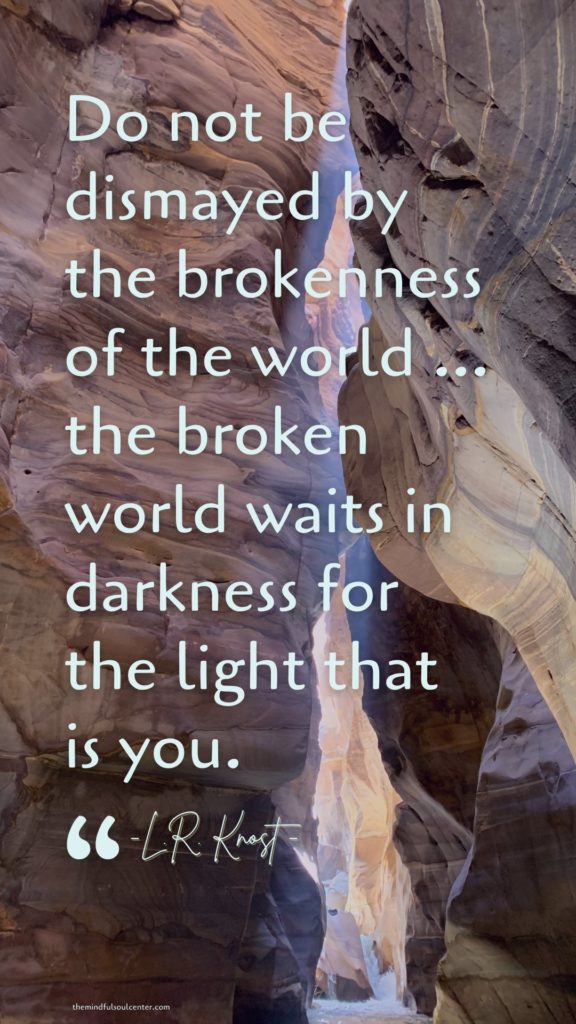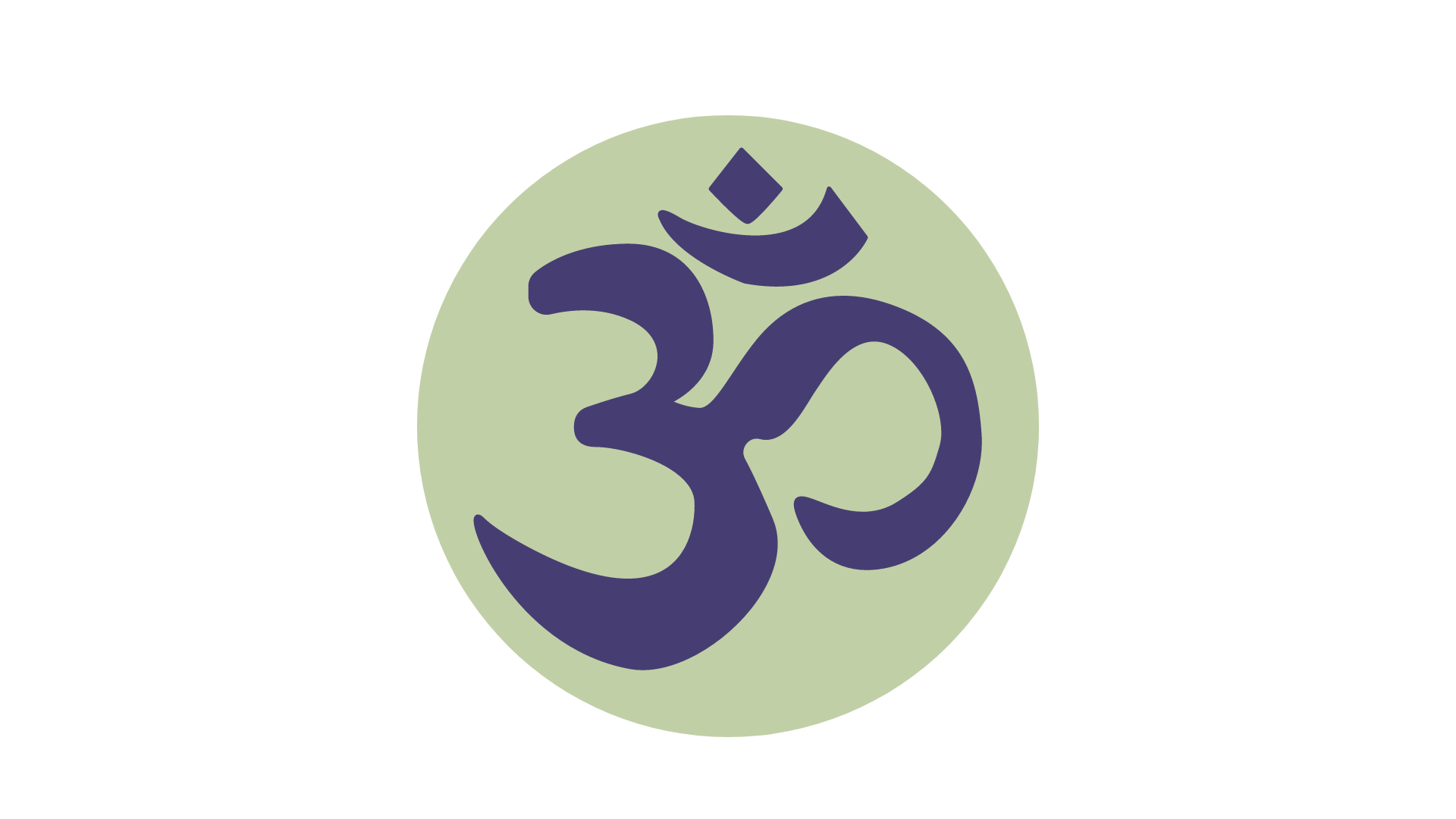This page includes links, podcast episodes and other information about some of the women we wrote about in the feature Women fighting for their lives that addresses femicide, suicide, honour killings and other atrocities against women. Let me be very clear here: this type of violence crosses ALL CULTURES, ALL RELIGIONS, ALL SKIN COLOURS – there are examples here of crimes against women from various communities. Because a family of perpetrators that are violent and from a specific culture in any of these stories that the whole culture or community is like that – that simply is not true. This is a worldwide problem that impacts women in patriarchal societies with some individuals and families being more extreme than others. So put any idea of communities with shared traits out of the equation – this has been happening around the world.
Honour Killing or Shame Killings and Dowry Killings
Qandeel Baloch
Criminal: The Short Life of Qandeel Baloch
Honour Killing by her brother
Saba Qaiser
A Girl in the River – The Price of Forgiveness
Shot by her father and uncle
Deepshikha Godara
Domestic Abuse and Dowry Killings
Murdered by her husband
Read the article about her death by her husband and learn about dowry killings
The United Nations estimates that 5,000 women and girls are murdered each year in honour killings, however, women’s advocacy groups suspect that more than 20,000 women are killed worldwide each year. You can read the full article – What is that? Honour Killing aka Shame Killing in the magazine here.
Honour and shame-based violence is not limited to women only, although the majority of women are impacted. You can read about an effort to create awareness on this subject that includes male and gender-fluid victims.
Documentary: Murdered By My Family, Banaz: An Honour Killing (Crime Documentary) and a podcast episode on the Said Sisters
“I wonder why love should be so hated.”
from Banaz: An honour Killing (crime documentary)
Brutally murdered by her family in 2006, ‘Banaz: An Honour Killings’ tells the story of her, Banaz’ sister Bekhal, and the story of the police team that didn’t give up on her case and brought her killers to justice.
January 1st, 2008. Irving, Texas. Sarah and Amina Said were two normal, happy teenage girls trying their best to live a regular life. Unfortunately, they lived with an angry, abusive father, a mother too afraid to protect her children, and a brother who provided support to their father. On January 1st, 2008 Yaser Said murdered his two daughters, abandoning their bodies in his taxi and going into hiding. In an image that is now a representative for this case, just a few days before her death, Amina posted a picture of herself online with the caption, “I don’t want to become a memory.” Amina and Sarah knew how dangerous their situation was, but they had no one to protect them. Join us as we discuss a heartbreaking case that should never have happened.
Black Women Murdered by Police: #SayHerName
Rekia Boyd
Rekia Boyd was shot in the back of the head – murdered by police.
A Tribute: Rest in Power
Tanisha Anderson
Tanisha was a woman with mental illness was murdered by police.
Force was used when Tanisha was in a mental health crisis. Instead of an ambulance coming as originally requested police came and managed the situation leaving. She was still struggling and police came for a second time handcuffing her and did not give her medical attention. They slammed her to the ground and was dead on arrival to the Cleveland, Ohio clinic that she was taken to. Read the story here.
Sexual Assault and Rape, Public Shaming, Bullying and Suicide
You might know about Audrie Pott and Daisy Coleman since both of their stories were featured in a Netflix documentary that you can watch if you are a subscriber to their services. Learn more about the documentary here.
Audrie Pott
Raped and publicly humiliated Audrie killed herself shortly after the attack by three 16-year-old boys she knew.
Listen to Audrie’s mother speak and learn more about the story on Democracy Now:
Daisy Coleman
Raped and publicly shamed Daisy started an organization called SAFBAE to help educate young people and adults about sexual assault and rape. Daisy suffering from depression took her own life in August 2020.
You can make a difference. Support SAFEBAE and use their resources – the organization didn’t die with Daisy. Learn how you can become a chapter leader, a peer educator or a mentee and/or reform your school.
Her mother, Melinda Coleman, was so distraught at the loss of her son in an accident and Daisy’s suicide, she took her life in December 2020.
Chanel Miller, Know My Name
Sexual Assault: Rape
Of all the stories here this one is not about femicide but illustrates the systemic and problematic way in which women and girls are treated in patriarchal societies and sexual violence and rape often lead to murder.
When we talk about justice for survivors, we don’t hear enough about the cost of their experience. The years Chanel spent living this double life. The cost of therapy. Of processing your trauma. The cost of life force and time, which you never, ever get back.
Terrible thanks for asking: Emily & Chanel
This next story made international news when a boy a few years younger than Chanel raped her near a dumpster. She has survived and wrote a book entitled #knowmyname. You can listen to an interview with her below:
Terrible Thanks for Asking: Emily and Chanel
Despair & Hopelessness
Listening and reading these stories of flesh and blood women who had or still have their own sense of themselves that holds dreams, goals, and desires, we can become overburdened with despair, with crippling sadness and hopelessness by our own compassionate hearts but, although this issue is systemic across cultures around the world – we must remember this –
“Do not be dismayed by the brokenness of the world … the broken world waits in darkness for the light that is you.” – L.R. Knost –
Feel empathy, feel the sadness but don’t take it on as your burden. Instead be grateful for where you are right now and if you need help, find someone you can trust and get help. You can help other women who are struggling. You can find ways to change laws. I don’t mean for you to take things on alone. I mean we – we the women who at varying times of our life have varying responsibilities and missions and purpose and time.
You can do small things, a little bigger or great big things. Do what you can – that might mean simply making tea for a friend and listening to them or just helping them out. It could mean sharing this post to create awareness or it could mean getting a group together and making a documentary about a story. It could mean so many things.



